Fixed-Duration Acalabrutinib Plus Venetoclax Achieves Superior 77% PFS in Untreated CLL
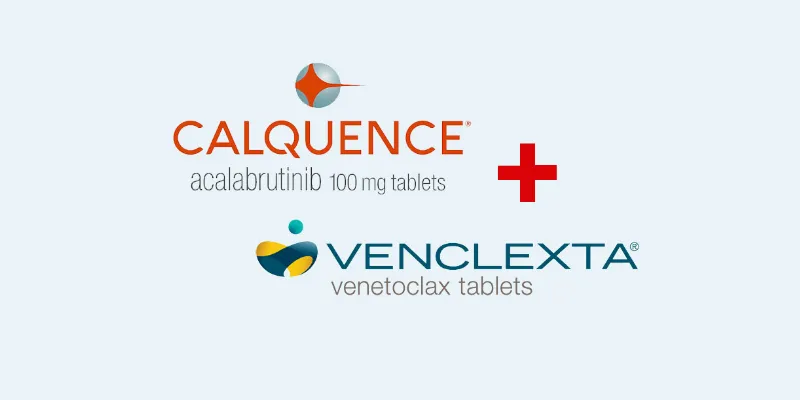
The AMPLIFY Phase III trial demonstrates that acalabrutinib plus venetoclax significantly improves progression-free survival (PFS) in untreated chronic lymphocytic leukemia (CLL). With 77% of patients progression-free at three years, the fixed-duration, all-oral regimen offers a promising alternative, reducing long-term treatment risks and drug resistance.
AstraZeneca announced a significant breakthrough in chronic lymphocytic leukemia (CLL) treatment with CALQUENCE® (acalabrutinib) combined with venetoclax, showing marked improvement in progression-free survival (PFS) for untreated patients. Phase III AMPLIFY trial results suggest a shift toward more effective, flexible treatment options for CLL, with findings to be presented at the American Society of Hematology (ASH) 2024 Annual Meeting in San Diego.
Dr. Jennifer R. Brown, Principal Investigator of the Trial, Professor of Medicine and Director of the CLL Center at Dana-Farber Cancer Institute, emphasized the significance of this development: “Chronic lymphocytic leukemia is considered an incurable cancer and patients live with the disease and the long-term effects of their treatments for many years. The AMPLIFY results show the promise of a new all-oral fixed-duration therapy approach which would allow patients to take breaks from treatment, reducing the risk of long-term adverse events and drug resistance.”
Key Findings of the AMPLIFY Trial
The AMPLIFY study investigated CALQUENCE in combination with venetoclax, with and without the addition of obinutuzumab, against the standard-of-care chemoimmunotherapy in previously untreated adults with CLL. With a median follow-up of 41 months, the trial results revealed:
Superior Progression-Free Survival (PFS):
- CALQUENCE plus venetoclax reduced the risk of disease progression or death by 35% compared to chemoimmunotherapy (HR 0.65; p=0.0038).
- The addition of obinutuzumab further enhanced this reduction to 58% (HR 0.42; p<0.0001).
Durable Responses:
- At three years, 76.5% of patients treated with CALQUENCE plus venetoclax remained progression-free, increasing to 83.1% with obinutuzumab, compared to 66.5% with chemoimmunotherapy.
- Both investigational arms showed robust overall response rates exceeding 92%.
Safety and Tolerability:
- CALQUENCE plus venetoclax demonstrated a favorable safety profile consistent with prior studies. The most common Grade 3 or higher adverse event (AE) was neutropenia.
- Tumor lysis syndrome (TLS) was notably rare, with no clinical TLS observed in CALQUENCE-treated patients.
Susan Galbraith, Executive Vice President of Oncology R&D at AstraZeneca, highlighted the broader impact: “Based on these impressive data from the AMPLIFY trial, CALQUENCE is the only second-generation BTK inhibitor to demonstrate efficacy in the front-line treatment of patients with chronic lymphocytic leukemia as both a treat-to-progression and a fixed-duration approach. This advance is an important development for patients and their physicians who seek new options and more flexibility in managing this disease in the long term.”
A New Standard in CLL Care?
These results position CALQUENCE plus venetoclax as a potential first-in-class, all-oral, fixed-duration regimen for previously untreated CLL. Unlike traditional chemoimmunotherapy, which often involves indefinite treatment, this approach allows patients to pause therapy, reducing long-term side effects and minimizing the risk of drug resistance.
Global Implications
CALQUENCE has already been approved for CLL and small lymphocytic lymphoma (SLL) in multiple regions, including the US, EU, and Japan. More than 85,000 patients worldwide have benefited from its use. The AMPLIFY trial results could pave the way for its expanded adoption as a fixed-duration option, offering hope to patients and clinicians seeking more manageable treatment strategies.
While the overall survival (OS) data remains immature, the interim analysis suggests a promising trend, with CALQUENCE plus venetoclax showing a 67% reduction in the risk of death (HR 0.33; p<0.0001). Further OS evaluations will continue as part of the trial’s secondary objectives.
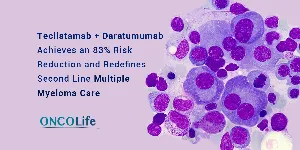




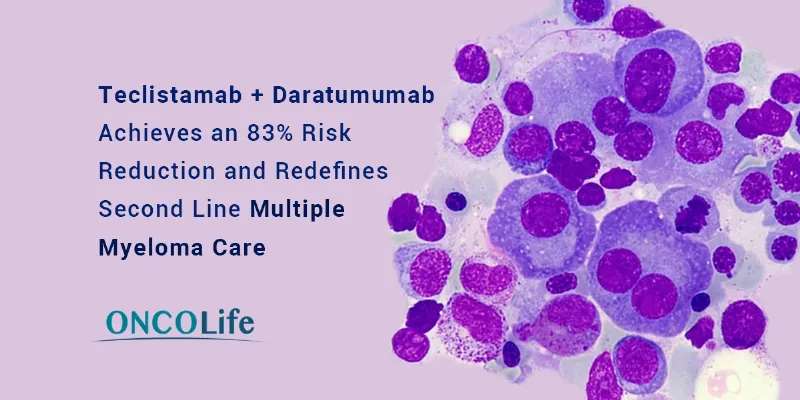
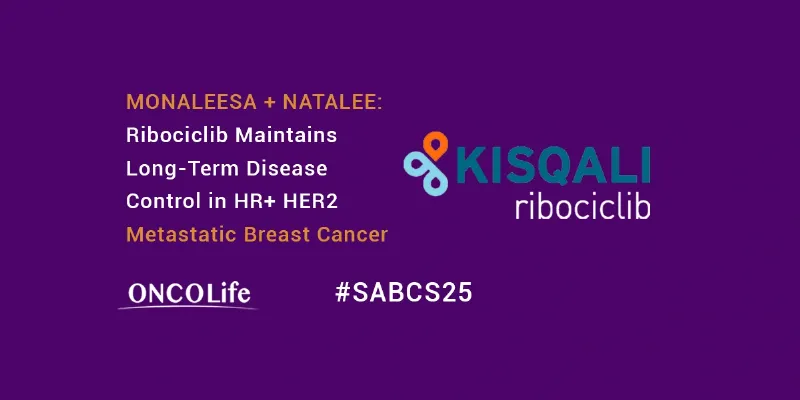

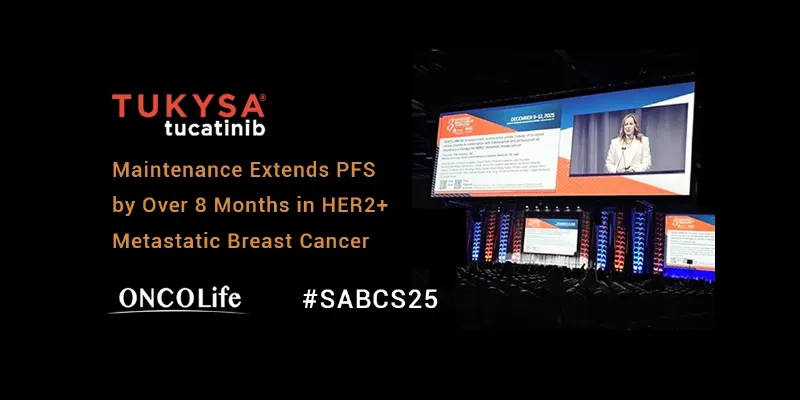


Comments
No Comments Yet!